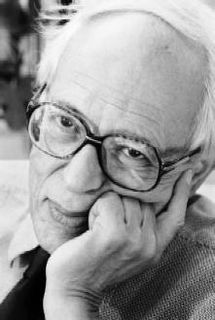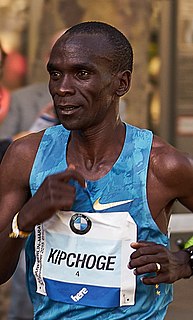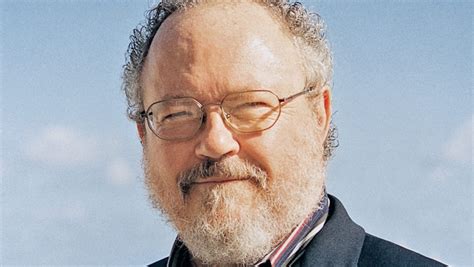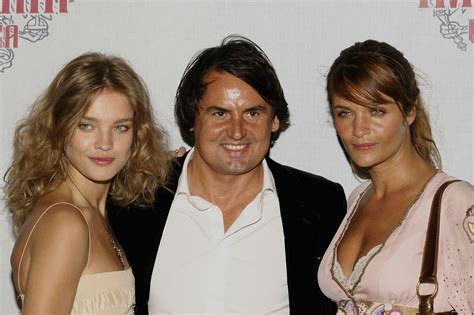A Quote by Carlos Fuentes
I am a morning writer; I am writing at eight-thirty in longhand and I keep at it until twelve-thirty, when I go for a swim. Then I come back, have lunch, and read in the afternoon until I take my walk for the next day's writing.
Related Quotes
Curiously, the balance seems to come when writing is woven into every aspect of my life, like eating or exercising - one flows constantly into the next: I'll wake up and have coffee, read the news, then write a letter or two (always in longhand), then go teach, and after teaching write a bit in a journal - dreams, what I had for breakfast and lunch and why I had it, what's on the iPod, sexual habits, etc. - then read a bit, then work on a real bit of writing...you get the idea.
When I am writing a novel, though, then it's usually three or four hours a day. Ideally, right after lunch until three or four, but sometimes picking up again around ten, going until a touch after midnight. I rarely write in the morning, unless I'm on deadline. I do like rewriting in the morning, though. Guess it's the way my brain's put together. Or, the way it's falling apart.
When I am working on a book or a story I write every morning as soon after first light as possible. There is no one to disturb you and is it is cool and you come to your work and warm as you write. You read what you have written and, as you always stop when you know what is going to happen next, you go on from there. You write until you come to a place where you still have your juice and know what will happen next and you stop and try to live through until the next day when you hit again.
If you're going to be a writer you should sit down and write in the morning, and keep it up all day, every day. Charles Bukowski, no matter how drunk he got the night before or no matter how hungover he was, the next morning he was at his typewriter. Every morning. Holidays, too. He'd have a bottle of whiskey with him to wake up with, and that's what he believed. That's the way you became a writer: by writing. When you weren't writing, you weren't a writer.
My work is very dear to me, and certainly I have had all the emotional highs and lows that go with trying to get it to an audience. But I do have some kind of detachment that seems somewhat unusual in my trade. I'm a writer who writes every day. I don't have a period of months where I can't get anything done and I wander around tearing my hair out. When I come back from a book tour, for instance, I might have one day where I sleep late and then check my e-mail, and then go for a walk, and then the next day I'm really itching to get back at writing a story.
Let me tell you about my day. I get up at 8 o'clock in the morning. At 8:30 am, I leave the house and I arrive at my office at 8:37. I stay in the office until 2 o'clock in the afternoon. I get in my Porsche and I'm home at 2:03 because the one-way streets make it faster for me to drive. And between 8:36 am and 2 pm, I'm doing one of three things: I'm writing. I'm staring out the window. Or I'm writhing on the floor.






































